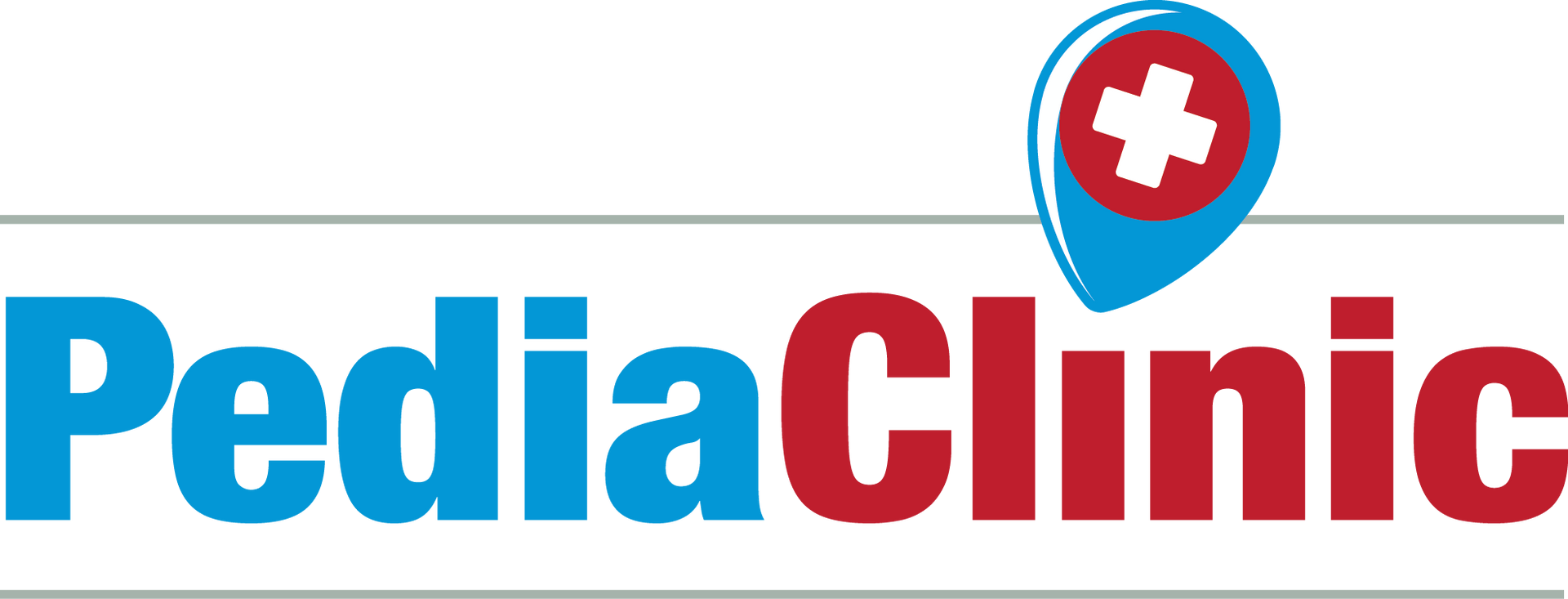Pneumonia - Viral
Definition
- A viral infection of the lungs
Call or Return If
- Fever lasts over 3 days
- Breathing becomes difficult
- Breathing not back to normal by 1 week
- You think your child needs to be seen
- Your child becomes worse
About This Topic
Symptoms
- Trouble breathing
- Rapid breathing
- Coughing
- Fever
Diagnosis
- A doctor can diagnose pneumonia by listening to the chest with a stethoscope.
Cause
- Most pneumonia in children is caused by a virus. Most often, it's a complication of a cold.
- Pneumonia causes fluid to collect in the air sacs (alveoli). This can interfere with the transfer of oxygen from air to blood.
- Viral pneumonia is usually milder than bacterial pneumonia.
Prevention of Spread to Others
- Cover the nose and mouth with a tissue when coughing or sneezing.
- Wash hands often. After coughing or sneezing are important times.
- Most children who are exposed to viral pneumonia just get cold symptoms. A few may get pneumonia.
- There is a mild risk that it may be passed to others.
After Care Advice
Overview:
- Most pneumonia in children is caused by viruses.
- Viral pneumonia usually is not severe.
- Coughing up mucus helps to clear the pneumonia. We don't want to turn off your child's ability to cough.
- Here is some care advice that should help.
Antibiotics Not Needed:
- Antibiotics are not helpful for viral pneumonia.
- They can only kill bacteria.
Homemade Cough Medicine:
- Goal: Decrease the irritation or tickle in the throat that causes a dry cough.
- AGE 3 months to 1 year: Give warm clear fluids to treat the cough. Examples are apple juice and lemonade. Amount: Use a dose of 1-3 teaspoons (5-15 ml). Give 4 times per day when coughing. Caution: Do not use honey until 1 year old.
- AGE 1 year and older: Use HONEY ½ to 1 teaspoon (2-5 ml) as needed. It works as a homemade cough medicine. It can thin the secretions and loosen the cough. If you don't have any honey, you can use corn syrup.
- AGE 6 years and older: Use COUGH DROPS to decrease the tickle in the throat. If you don't have any, you can use hard candy.
Non-Prescription Cough Medicine (DM):
- Don't give cough suppressant medicines (such as those with dextromethorphan) to children with pneumonia.
- Reason: We want children to cough up secretions. Coughing helps protect the lungs by clearing out germs.
- Also, OTC cough medicines aren't approved by the FDA for children under 4 years old.
Coughing Fits or Spells:
- Breathe warm mist (such as with shower running in a closed bathroom).
- Give warm clear fluids to drink. Examples are apple juice and lemonade.
- Reason: Both relax the airway and loosen up any phlegm.
Fluids:
- Try to get your child to drink lots of fluids.
- Goal: Keep your child well hydrated.
- It loosens up any phlegm in the lungs. Then it's easier to cough up.
- It also will thin out the mucus discharge from the nose.
Humidifier:
- If the air in your home is dry, use a humidifier. Reason: Dry air makes coughs worse.
Fever:
- For fevers above 102° F (39° C), give acetaminophen (such as Tylenol) or ibuprofen. See Dose Table. Note: Lower fevers are important for fighting infections.
- For ALL fevers: Keep your child well hydrated. Give lots of cold fluids.
Avoid Tobacco Smoke:
- Tobacco smoke makes coughs much worse.
What to Expect:
- Fever usually goes away in 3 days.
- Recovery is gradual and may take 2 to 4 weeks.
- Recovery will be complete.
Return to School:
- Your child can go back to school after the fever is gone.
- Your child should also feel well enough to join in normal activities.
- Most children who are exposed to viral pneumonia just get cold symptoms. A few may get pneumonia.
Author: Barton Schmitt MD, FAAP Copyright
Disclaimer: This health information is for educational purposes only. You the reader assume full responsibility for how you choose to use it.
Article 2631
